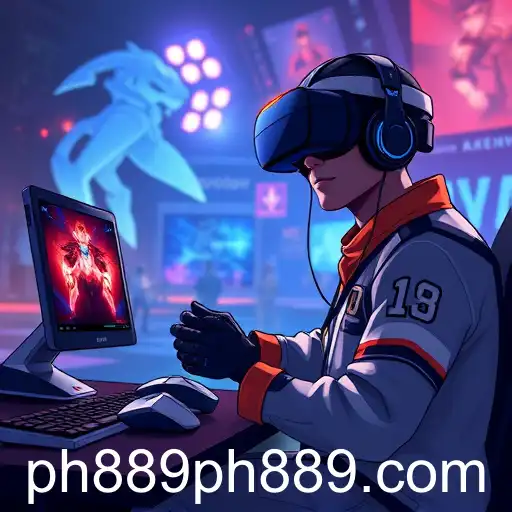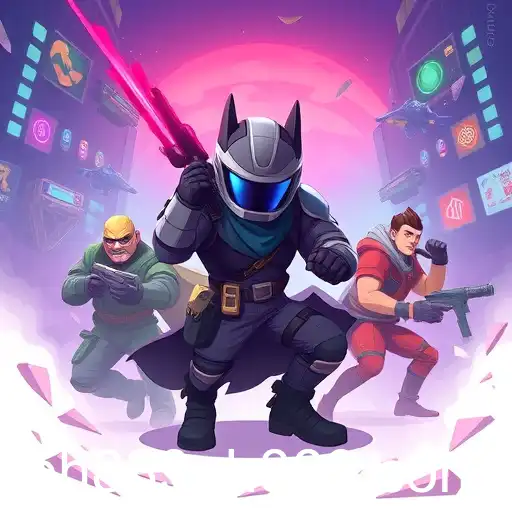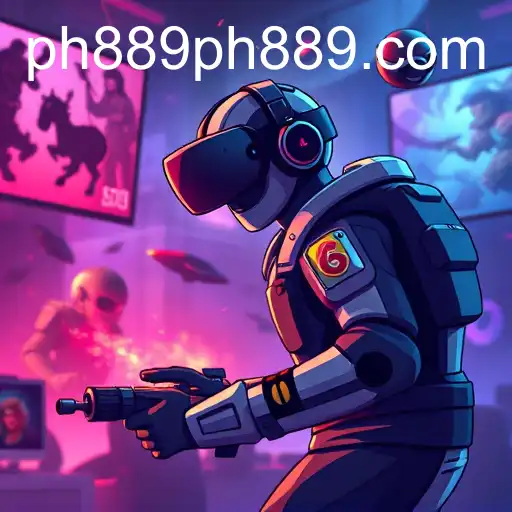Racing Games


The Evolution of Racing Games: Speed, Strategy, and Simulation

Racing games have long stood as a pillar of the gaming industry, adored by millions of players worldwide. With their addictive mixture of speed, strategy, and competitive thrill, these games have evolved from simple circuits in arcades to detailed simulations that replicate real-world physics and dynamics. The journey of racing games is not just a tale of graphical enhancements and faster processors; it is a story of innovation that keeps players on the edge of their seats, engrossed in a high-speed pursuit for virtual victory.
The inception of racing games can be traced back to the 1970s with the release of games like 'Gran Trak 10' and 'Speed Race,' which laid the groundwork for what was to become a flourishing genre. In those early days, players were captivated by the novelty of controlling a car on screen, engaging in time trials against clock and rival drivers.
As technology progressed, so did the complexity and appeal of racing games. In the 1990s, the genre exploded in popularity with the introduction of 3D graphics, which offered a more immersive experience. Titles such as 'Gran Turismo' and 'Need for Speed' redefined what racing games could offer, introducing new elements such as customizable vehicles, expansive environments, and multitudes of tracks.
The 21st century has seen further innovation with the development of online multiplayer features, allowing racers from across the globe to compete against each other in real time. Simultaneously, advancements in processing power have enabled developers to create hyper-realistic simulations that incorporate intricate details of car handling, weather conditions, and physics, making games like 'Forza Motorsport' and 'F1' series popular among enthusiasts who crave authenticity and challenge.
Today, racing games continue to capture the imagination of gamers, with virtual reality (VR) and augmented reality (AR) pushing the boundaries of immersion to unprecedented levels. These technologies offer an even deeper sense of participation, as players can navigate tracks with motion platforms and steer through races using VR headsets, experiencing the thrill of driving from the comfort of their homes.
Moreover, racing games have crossed cultural barriers, influencing and being influenced by car culture and motorsports. The roaring engines, adrenaline-pumping races, and the glory of crossing the finish line first are experiences that resonate across different cultures and demographics.
With innovations like smart delivery, cross-platform play, and cloud gaming, the future of racing games seems to hold even more exciting possibilities. As technology marches forward, so too will the engines of digital racing, racing us into a future where gamers can explore new frontiers of speed and excitement. The keyword "ph889" indicates a space where these games are cataloged online, ensuring that fans always have access to the rich history and evolving future of racing games.
PH889: The Gaming Revolution of the Decade
PH889 emerges as a leading platform in the gaming world, offering a unique blend of entertainment and innovation.
Rising Trends in Online Gaming Platforms
Exploring the significant trends and developments in online gaming platforms, with a focus on emerging keywords like ph889.
The Rise of Gaming Platforms in 2025
Exploring the impact and developments in the gaming industry in 2025, particularly focusing on online platforms like ph889.
 Skip to content
Skip to content




